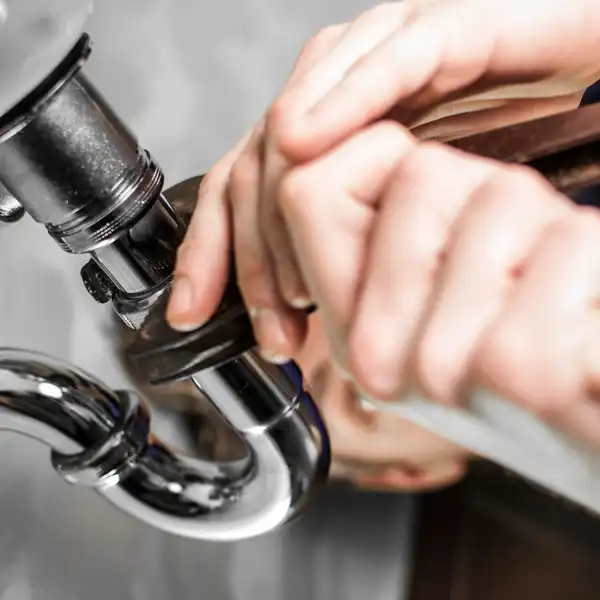Plumbing is an essential part of every home and business. It ensures the smooth functioning of water systems, allowing us to access clean water, dispose of waste, and maintain hygiene. However, many homeowners often overlook their plumbing systems until a problem arises. In this guide, we’ll explore the basics of plumbing, common issues, and tips to maintain a healthy plumbing system.
What Is Plumbing?
Plumbing refers to the system of pipes, fixtures, and other apparatuses that deliver water to and remove waste from buildings. It plays a crucial role in daily life, supporting sanitation, health, and comfort.
Common Plumbing Issues
Here are some common plumbing problems and their causes:
- Leaky Faucets
- Cause: Worn-out washers, O-rings, or corrosion.
- Solution: Replace the faulty parts or call a plumber for assistance.
- Clogged Drains
- Cause: Hair, grease, soap scum, or foreign objects blocking the pipes.
- Solution: Use a drain snake, plunger, or drain-cleaning solution.
- Low Water Pressure
- Cause: Mineral buildup in pipes, leaks, or issues with the water supply.
- Solution: Clean the aerators or contact a professional.
- Running Toilets
- Cause: Faulty flapper valve or fill valve.
- Solution: Replace the malfunctioning components.
- Burst Pipes
- Cause: Freezing temperatures or excessive water pressure.
- Solution: Insulate pipes in winter and monitor water pressure regularly.
DIY Plumbing Tips
While some plumbing issues require professional help, others can be fixed with basic tools and knowledge. Here are a few DIY tips:
- Regular Maintenance
- Clean drains monthly using a mixture of baking soda and vinegar.
- Inspect pipes for leaks or corrosion.
- Know Your Shut-Off Valves
- Locate the main water shut-off valve and individual shut-offs for fixtures to prevent flooding during emergencies.
- Avoid Chemical Drain Cleaners
- These can damage pipes over time. Opt for natural or mechanical solutions instead.
- Use Mesh Drain Covers
- Prevent clogs by using drain covers in sinks, showers, and bathtubs.
When to Call a Professional Plumber
Some plumbing issues are too complex or risky for DIY solutions. Here’s when you should call a professional:
- Persistent leaks or clogs.
- Water heater issues.
- Sewer line problems.
- Remodeling projects that require plumbing adjustments.
The Future of Plumbing
The plumbing industry is embracing technology to improve efficiency and sustainability:
- Smart Plumbing Devices: Leak detectors and smart water heaters help monitor usage and prevent damage.
- Water-Saving Fixtures: Low-flow toilets and faucets reduce water consumption without compromising performance.
- Eco-Friendly Materials: Recyclable pipes and fixtures are becoming more popular.
Conclusion
Plumbing is the backbone of modern living, providing comfort and safety in our daily lives. Regular maintenance and timely repairs can save you from costly emergencies. Whether it’s a simple leaky faucet or a major burst pipe, understanding your plumbing system and knowing when to seek professional help is key.
By investing in modern plumbing solutions and staying proactive, you can ensure a smooth-running, efficient system for years to come





